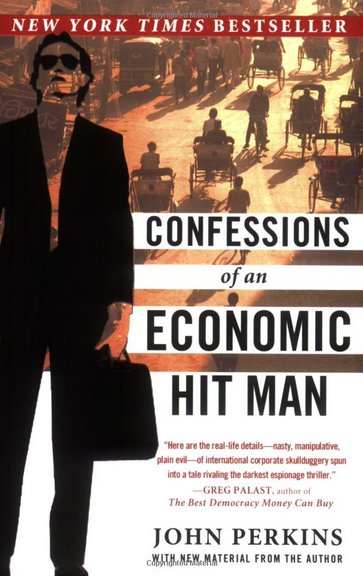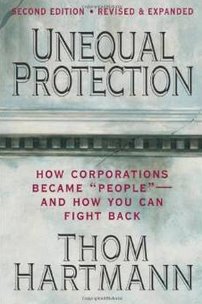The small-town library cat who touched the world
Vicki Myron
 Time for some ‘sloppy sentimentality,’ a story I had not been aware of… but in the latter part of the 20th century came to be a symbol of hope for humanity worldwide. “Dewey Readmore Books,” showed up one minus-15° January 1988 morning in the book deposit box of the public library of the small town of Spencer, Iowa. The author discovered the kitten, just a few weeks old barely clinging to life under the returns. [The narrative of how the staff managed to save the poor cat’s life is a thoroughly amazing achievement in itself, putting flesh and blood (or fur and blood) into the observation that where there’s life there’s hope. Honestly, it borders on the miraculous.] Continue reading
Time for some ‘sloppy sentimentality,’ a story I had not been aware of… but in the latter part of the 20th century came to be a symbol of hope for humanity worldwide. “Dewey Readmore Books,” showed up one minus-15° January 1988 morning in the book deposit box of the public library of the small town of Spencer, Iowa. The author discovered the kitten, just a few weeks old barely clinging to life under the returns. [The narrative of how the staff managed to save the poor cat’s life is a thoroughly amazing achievement in itself, putting flesh and blood (or fur and blood) into the observation that where there’s life there’s hope. Honestly, it borders on the miraculous.] Continue reading






